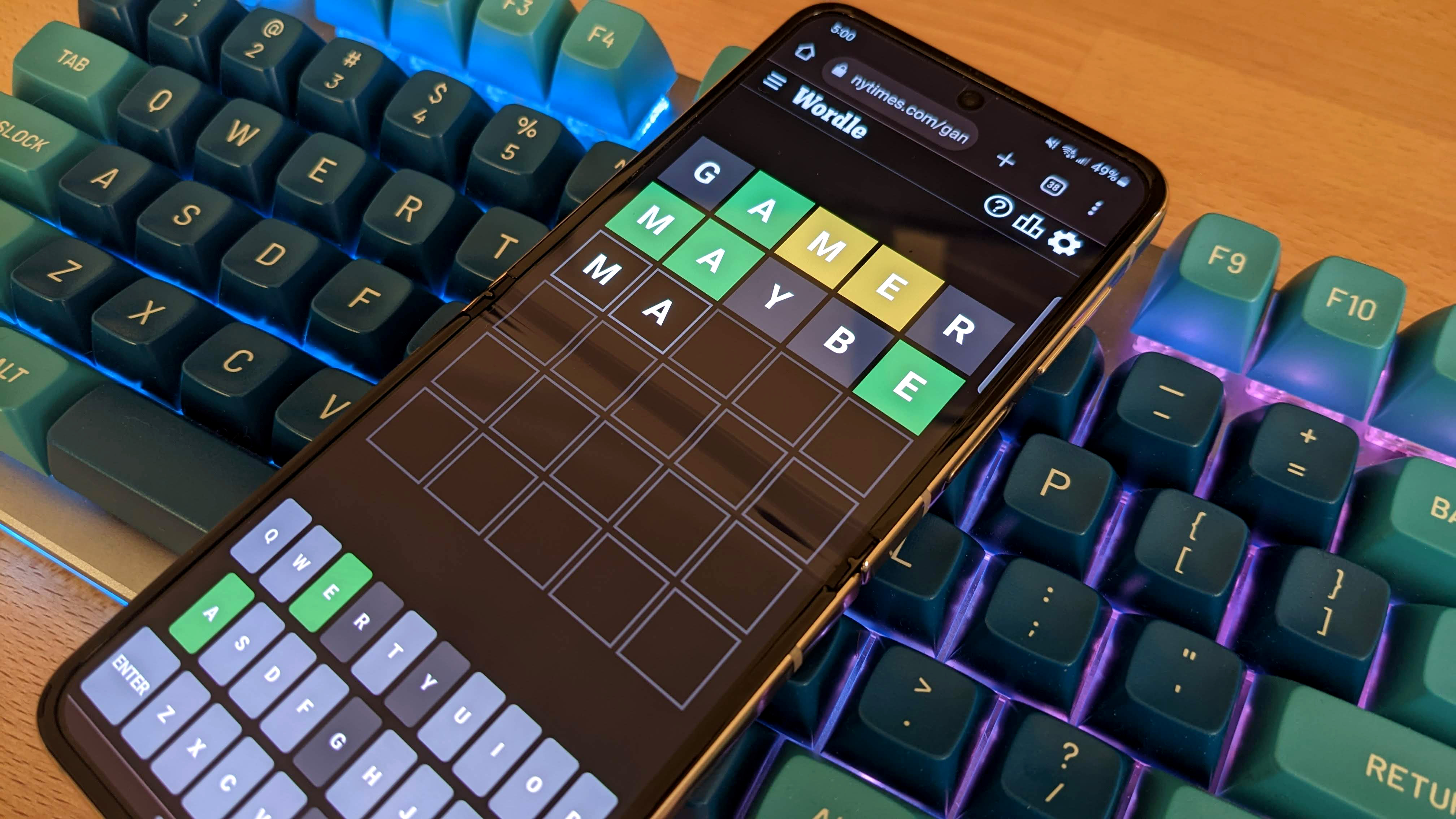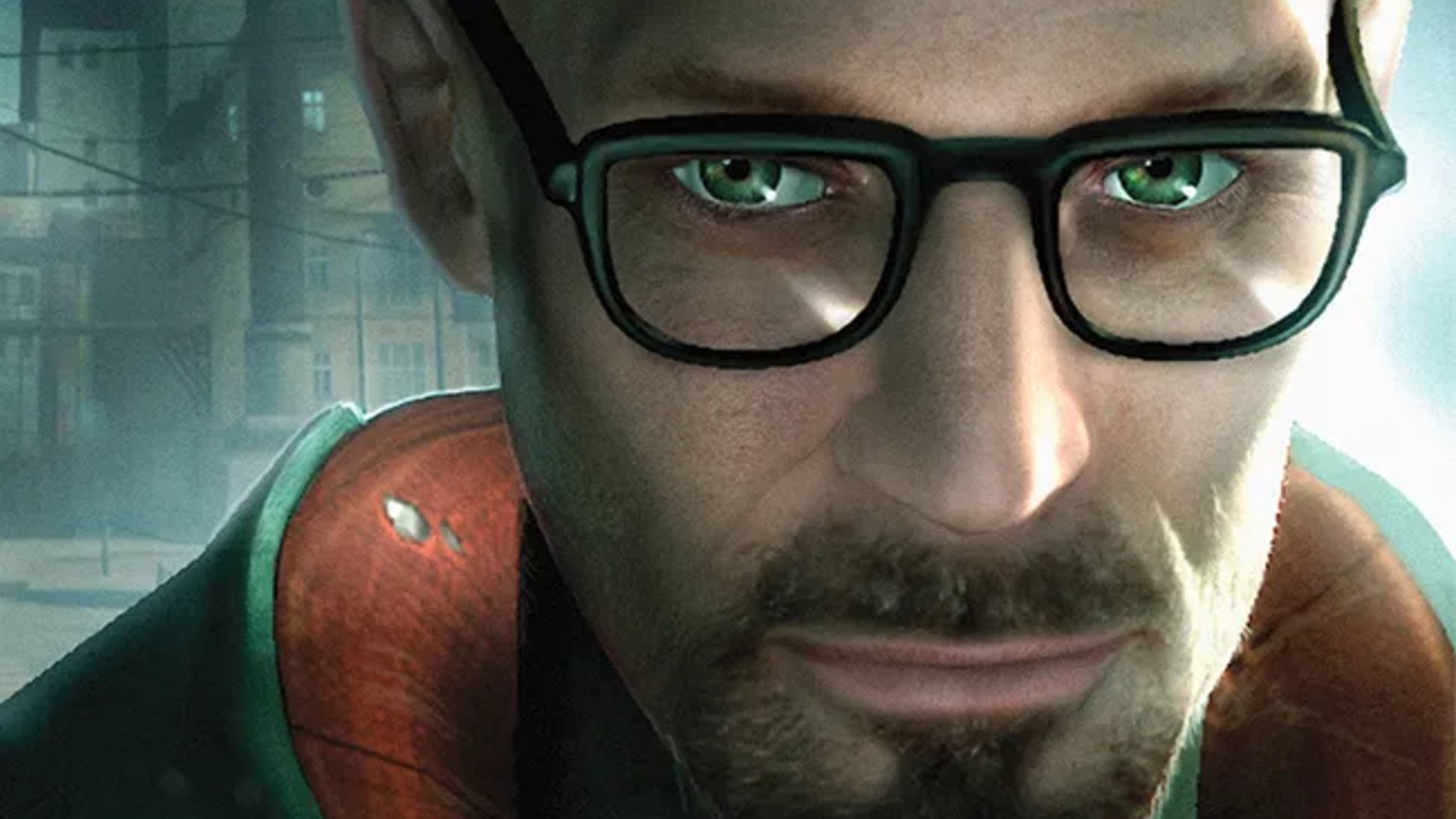
In the year and a half since Xbox announced its intentions to acquire Activision-Blizzard for $68.7 billion way back in January of 2022, it’s felt at times like we’re all just kids in the backseat of a car asking, “Are we there yet?.” Everyone’s a little sick of hearing about it by now, but every few weeks it seems like there’s a new trial, a new document, a new email, or something else to bring forward more speculation of whether or not the deal will go through. Yesterday’s verdict denying the FTC’s request for a pause on the deal until its August hearing is another such moment.
But after months of waiting, it seems like the answer is finally, “Yes, we’re here.” According to the analysts and legal experts I’ve spoken with in the wake of the verdict, Xbox’s long-delayed acquisition of Activision Blizzard is now on track to be completed.
There are some asterisks on that, of course. There’s the CMA rejection in the UK to deal with, and the FTC has at least a few more swings left despite its poor batting average to this point. But with a deal finally set to close any day now, let’s look at how we got here, and what’s coming next for the biggest deal in video game history:
What happened and why?
First, let’s back up a bit. When Microsoft announced its intent to buy Activision Blizzard, the Federal Trade Commission (FTC) issued a complaint suggesting that such a deal would ultimately harm competition in the games market. An evidentiary hearing was planned for August 2, but with the deal being set to go through on July 18, the FTC would have had to examine the deal retroactively. To solve this, the FTC moved for a preliminary injunction that would halt the merger until then. Microsoft wanted to avoid this for a number of reasons, as pausing the deal past the deadline would have forced it to pay out $3 billion to Activision while opening the possibility for renegotiation. And so, to court they all went.
Going into the trial, the FTC didn’t need to totally prove that the deal was anti-competitive. That point was brought up repeatedly in court by the FTC, where it contended it only needed to show that the merger was “likely to increase the ability and/or incentive of the merged firm to foreclose rivals”. But Judge Jacqueline Scott Corley disagreed, pointing out the FTC must “raise questions… so serious, substantial, difficult and doubtful” to warrant slamming the brakes on the merger. The FTC also had to demonstrate it was likely to succeed at its own hearing. Judge Corley broke it down like this: she expected the FTC to demonstrate Xbox had not just the ability to harm competition by taking Call of Duty exclusive, but that it was motivated to do so, and that competition would be hurt if it did.
The FTC only managed one out of three.
The FTC’s battle took place on a few fronts. First, it had to define the “relevant market” that would be impacted by such a deal – in this case, high-end consoles in the United States – and it had to demonstrate that there would likely be an impact on the competition. On the first front, the judge largely agreed with the FTC. Judge Corley (somewhat reluctantly) acknowledged that the focus was on what would happen to high-end consoles (not the Switch or gaming PCs) in the United States specifically. Critically, this acknowledgement shut down a lot of Microsoft’s arguments of its own frailty in the gaming market. Xbox might be struggling in markets like Japan, but it is significantly bigger in the United States, especially when only compared with PlayStation.
But where the FTC’s argument fell apart was in proving that Xbox was likely to do anything that would hurt that more narrow market in the first place, specifically regarding Call of Duty. Put simply, the FTC couldn’t prove Microsoft had any incentive to make it an Xbox exclusive. The FTC’s economist, Professor Robin Lee, attempted to prove that the benefits of taking Call of Duty exclusive would outweigh the costs, but Judge Corley pointed out numerous holes, missing pieces of evidence, and assumptions in his data, as well as a lack of any response to Microsoft’s challenges.
Furthermore, Judge Corley pointed out that the FTC failed to bring forward any precedent for an exclusivity play, given that Xbox kept Minecraft cross-platform and that games it did take exclusive – such as Starfield and Redfall – are extremely different from Call of Duty in just about every way. Even if it did take Call of Duty exclusive, such a move would seemingly cause Xbox significant reputational harm. Judge Corley also called PlayStation head Jim Ryan’s testimony on behalf of the FTC “unpersuasive,” saying his opposition to the merger was “understandable” but that Sony losing out on business wasn’t automatically anti-competitive.
What’s more, Judge Corley seemed impressed by Microsoft’s promise to enter deals that would keep Call of Duty available on other platforms, as well as its proactive moves to speak with fellow business leaders in the space and verbally commit the second the deal was announced. The deals in particular were a significant factor in Judge Corley’s decision, as pointed out by Gamma Law managing partner David B. Hoppe. There was also that standout moment in court when Xbox head Phil Spencer, under oath, reiterated his commitment to a widely-available Call of Duty. One especially noteworthy segment of the ruling points out that despite going through nearly one million internal Xbox documents, the FTC was unable to identify a single document contradicting Microsoft’s pledges to keep Call of Duty available.
In her conclusion, Judge Corley observed that Microsoft’s potential acquisition of Activision deserves scrutiny as one of the largest deals in tech history. But she maintains that it has received that scrutiny, and that scrutiny has “paid off” in Microsoft’s commitments to keep Call of Duty on PlayStation and elsewhere for the next 10 years. That seems to be enough for Judge Corley, whose duty was to determine if the FTC had shown it would be likely to prevail. She believes it will not, and so the injunction was denied. As a result, unless something truly bizarre happens in the next few days, Microsoft is set to finalize the biggest acquisition gaming has ever seen in just one week.
So is Xbox-Activision a done deal?
Well… not in the most technical sense, no. The deadline for the merger to complete is July 18, which is next week. It’s always possible that between now and then some act of God will swoop in and get the whole thing called off, whether that’s a sudden change of heart on one party’s side or some earth-shattering revelation that suddenly makes one party seem much less enticing to the other. Who can say what the future holds, truly?
But, okay, the real answer is: yeah, this deal is very likely happening now. There are still a handful of regulatory hurdles in the way that Microsoft would probably prefer weren’t there, but none of them pose a serious threat to the acquisition finalizing or remaining intact. With the vast majority of countries having approved the merger already, the UK’s Competition and Markets Authority seems to be on a path to reaching an agreement with Xbox to “modify” the transaction and address the CMA’s concerns, perhaps by selling off some of its assets or adjusting how it operates its UK business. A hearing in the UK, previously set for July 28, is now on pause while the parties hash this out.
Given that the UK’s primary concern was cloud gaming, not Call of Duty, it seems likely they will come to an agreement. Former SuperData CEO and analyst Joost van Dreunen suggests to IGN that such an agreement will likely involve a “minor structural remedy” such as “maintaining a divested corporate structure in the UK,” and adds that it’s been fairly clear from the outside looking in that both parties have found a path forward. Van Dreunen is of the opinion that Microsoft has likely negotiated with the CMA already to allow the deal to close before a compromise is reached, while Ampere Analysis’ Louise Woolridge suggests it’s possible for Microsoft and Activision to renegotiate a new deadline, a move that “should not represent a significant hurdle” given how interested both parties are in finalizing things.
Of course, the CMA could still block it, either by not coming to an agreement with Microsoft now or by (it seems) reexamining the deal post-negotiations and still finding it anti-competitive. Both options are possible, but fairly unlikely given the current situation.
Meanwhile, the FTC has a few remaining avenues left. For one, it can appeal Corley’s decision by this Friday – a move Sam Castree of Sam Castree Law believes would probably be its best path forward (or, he amends, its “least-bad option”) at this stage:
“Judge Corley was very explicit, ‘The Ninth Circuit Court of Appeals [i.e. the appellate court that oversees her district] has not addressed whether this burden shifting framework applies in vertical merger cases,’ ” he says. “She made the best decision that she could, relying on a case from the appellate court in Washington, D.C. However, while the D.C. Circuit’s ruling can be persuasive, it’s not binding in California. So, it’s possible that the 9th Circuit could take a different approach and ultimately decide that, no actually, the burden that Judge Corley placed on the FTC was too heavy.
“The 9th Circuit might remand the case back to Judge Corley and say, ‘Try again, but this time, use the right test, which we have now articulated.’ Or they might just say, ‘Here’s the proper test, and under it, the FTC wins. Now grant that injunction.’ I’m not saying that that’s the most likely outcome, but it’s possible. Again, it’s one of the better options available to the FTC. Ask the 9th Circuit to review the decision, request that the temporary restraining order be kept in place, and hope for the best. Even getting just a remand would probably be enough to sufficiently delay the deal to mess things up for Microsoft.”
But sans appeal, there’s nothing stopping Microsoft from finalizing the deal ahead of the August hearing, forcing the FTC to try and untangle an existing merger rather than try to stop a pending one. Castree points out that it actually wouldn’t be as hard as everyone seems to think it would be to undo the transaction once it was done. But Woolridge notes that the FTC recently lost a similar bid to get an injunction that would have stopped Meta’s acquisition of Within, resulting in it dropping the case soon after. It’s possible the same thing happens here. And even if the FTC manages to win over Microsoft in August, Hoppe points out to me that Microsoft would almost certainly appeal, which would go to the US Court of Appeals and potentially the US Supreme Court, both of which would be paying close attention to Judge Corley’s final ruling from yesterday.
What’s next for the rest of us?
Assuming the deal proceeds unimpeded, the next question is what this means for the industry at large. While the FTC dropped the ball multiple times in this case, its chair Lina Khan has demonstrated a desire to crack down on big tech mergers, and has been successful on multiple other fronts. In that sense, one possibility is that the FTC takes this defeat as a lesson on dealing with the gaming industry. Van Dreunen specifically calls this a “massive teachable moment for everyone”.
“A big reason why both the CMA and FTC have proven unsuccessful at blocking the deal is their mediocre understanding of the video games industry,” he says. “That’s fine, of course, except when the judge has a better understanding of the business of video games than your legal team.”
A big reason why both the CMA and FTC have proven unsuccessful is their mediocre understanding of the video games industry.
With that in mind, then, it’s worth looking ahead to the next acquisition that will draw this level of scrutiny — because it seems inevitable there will be one eventually. While it’s true most major players in the space don’t have $69 billion just sitting around like Microsoft does, Castree points out that a horizontal merger (say, if EA tried to buy Ubisoft) would likely cause a lot more, different problems if it came up. And Van Dreunen specifically calls out EA as one potential candidate for acquisition, noting that the company’s share price went up +5 percent following the FTC v. Microsoft verdict. Ubisoft is another giant that seems ripe for some sort of shake-up given its recent struggles with its internal culture, numerous delays, and canceled games. Analyst Piers Harding-Rolls believes it’s unlikely Ubisoft gets grabbed up due to the difficulty of a non-French company acquiring it, but given its sheer size and unwieldy nature, divestiture of smaller segments could still be on the table.
But there are other, smaller possibilities that could still trigger scrutiny. Internal Xbox documents shown during the FTC v. Microsoft trial showcased a wide range of acquisition possibilities the company was considering, including Sega, Behaviour Interactive, Remedy Entertainment, Larian Studios, Rebellion Developments, Paradox Interactive, IO Interactive, Niantic, Supergiant, and more. While none of these would be quite on the scale of the Microsoft-Activision deal, Xbox’s rapid acquisition of so many major studios could have the FTC poised to pounce once again. Xbox isn’t the only company with its eyes on more prizes, either, as Sony has stated it’s interested in picking up more studios as well.
“I think we are likely to see more challenges to these sorts of proposed deals in the future, particularly as competition bodies seek to establish their authority,” Woolridge predicts. “However, this acquisition is quite unique because of its sheer scale, and its process and outcomes cannot be seen as standard for any M&A activities in the industry. Every deal will be seen on a case-by-case basis, and companies will likely not be dissuaded from exploring new opportunities.”
Critically though, this case has begun to set precedent. The video game industry is still young enough that there isn’t yet piles and piles of documentation and case law prescribing exactly how the legal system can and should interact with its weird intricacies and nuances. For that reason, Castree advises anyone interested in the future of how video games and the legal system intersect to look closely at this case. He specifically recommends reading the section of Judge Corley’s opinion entitled “The Video Game Industry” on pages 3-18 for “an excellent, introductory-level summary to a lot of aspects the video game industry” …especially for anyone thinking of getting into video game law themselves.
“At this point, I still need to speak at least a little tentatively, because the trial still hasn’t happened yet, and what happened there can affect things in various ways. But in some ways, and whether she meant to or not, Judge Corley is providing a roadmap that future mergers can follow. She points to a lot of things that weigh against this merger being anti-competitive. Parties in future deals might look to her findings as a way to structure their own mergers. The law in this country runs on precedents. So, legally speaking, there is real power in being able to say, ‘Look, we’re just like this other case.’ If you can legitimately say, ‘Hey, our facts are the same as the facts in that case, so you should rule in our favor, too,’ then you make it really easy for a judge to hand you a victory. That’s not to say that this is the only way to do a merger, but assuming that her ruling stands, it would offer a potentially safe path for others to replicate.”
The question of “are we there yet?” may have been all-but-answered at this stage for the Microsoft-Activision merger. But it sounds like we’ll be thinking about its impacts for a long, long time to come.
Rebekah Valentine is a senior reporter for IGN. You can find her on Twitter @duckvalentine.






